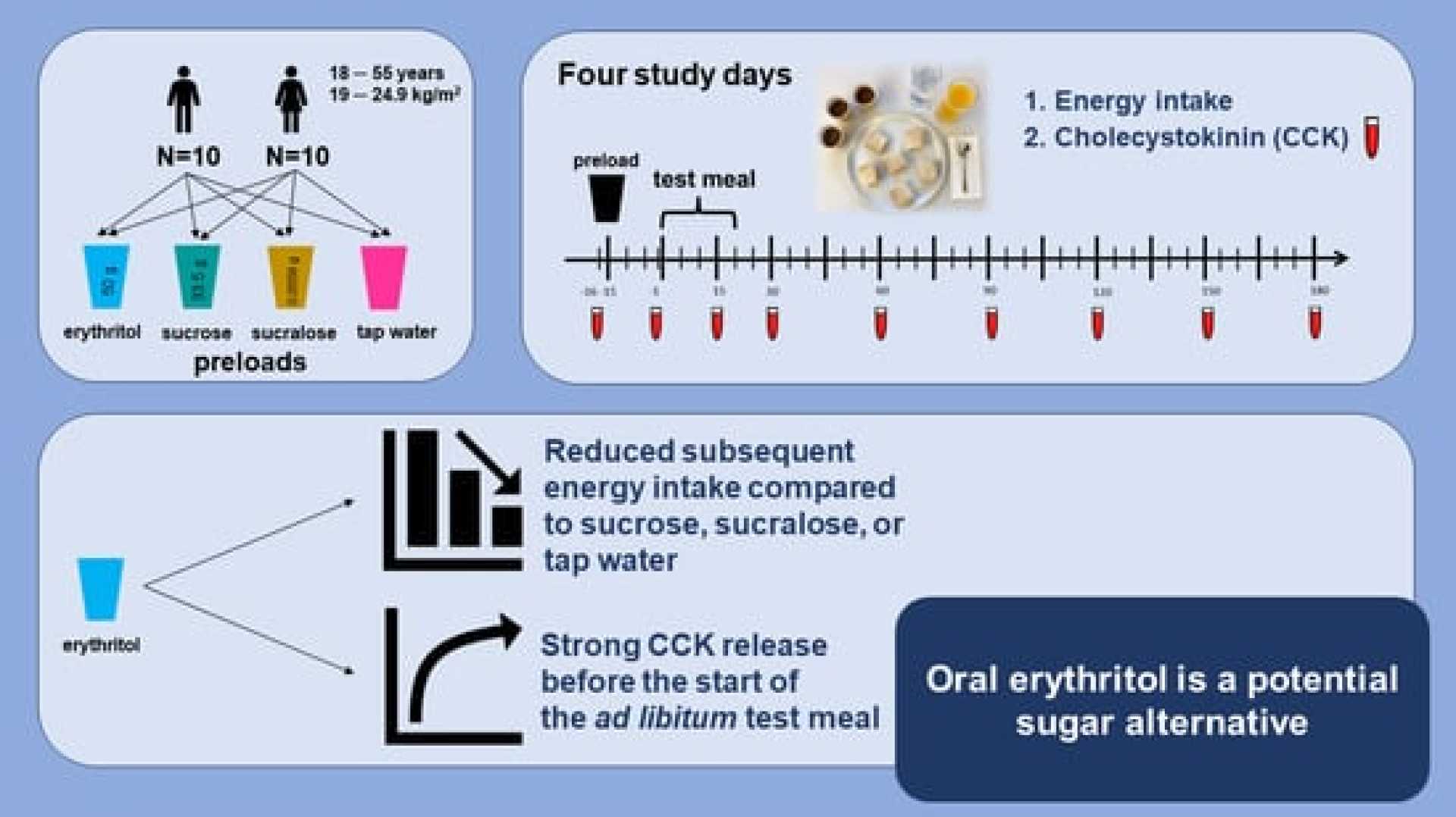Health
New Study Raises Concerns About Erythritol’s Impact on Heart Health

BOULDER, Colo. (AP) — Erythritol, a sweetener found in products from protein bars to energy drinks, may pose serious health risks according to a new study from the University of Colorado. The research suggests that erythritol could damage cells in the blood-brain barrier, jeopardizing heart health and increasing the risk of stroke.
In this study, researchers exposed blood-brain barrier cells to levels of erythritol typically found after consuming sugary drinks. They observed damaging effects, including increased vulnerability to blood clots, a known cause of strokes.
“Erythritol triggers oxidative stress, creating harmful free radicals and weakening the body’s natural defenses against them,” said a lead researcher. “This combination can lead to cell dysfunction and death.”
The study also reported that erythritol disrupts blood vessels’ ability to manage blood flow effectively. Healthy blood vessels expand when increased blood is needed, such as during exercise. Erythritol was found to reduce the production of nitric oxide, which helps blood vessels relax, while increasing endothelin-1, which constricts blood vessels. Such an imbalance may result in reduced oxygen and nutrient delivery to the brain.
More alarming, erythritol seems to interfere with the body’s natural mechanisms to dissolve blood clots. Typically, when clots form, specific cells release enzymes that eliminate these blockages to prevent strokes. Erythritol appears to hinder this protective response, potentially allowing clots to cause cardiovascular problems.
Human studies support these laboratory findings. Observational data show that regular erythritol consumers are at a higher risk of developing cardiovascular diseases, including heart attacks and strokes. One study tracking thousands of participants found that individuals with elevated erythritol levels in their blood had about double the likelihood of experiencing a major cardiac incident.
Despite these concerning results, researchers acknowledge that their study’s limitations exist. The tests were conducted on isolated cells in lab settings, which may not perfectly replicate how these cells behave in the human body. More advanced testing involving “blood vessel on a chip” systems is needed to validate the effects observed.
Erythritol is distinct from synthetic sweeteners like aspartame or sucralose—it is a sugar alcohol that occurs naturally in smaller amounts in the human body. Its classification helped it evade recent guidance against artificial sweeteners used for weight control.
This sweetener is popular among food manufacturers because it closely mimics sugar’s properties. While sweeter alternatives might disrupt taste with overpowering flavors, erythritol provides about 80% of sugar’s sweetness, making it easier to integrate into recipes. It is now used in numerous “sugar-free” and “keto-friendly” products.
Regulatory agencies such as the European Food Standards Agency and the U.S. Food and Drug Administration deem erythritol safe for consumption. However, this new research contributes to mounting evidence that even natural sugar substitutes may not be without risks.
For consumers, these findings raise complex questions about the implications of replacing sugar with alternatives like erythritol. While these sweeteners can help manage weight and blood sugar levels, the potential for harming the brain’s protective barriers and increasing cardiovascular risks may pose a significant trade-off.
The research reflects a wider challenge in nutritional science to understand the long-term impacts of newly prevalent food additives in modern diets. While erythritol might aid in avoiding the immediate pitfalls of excessive sugar intake, its effect on the blood-brain barrier suggests that habitual consumption could silently compromise brain protection over time.












